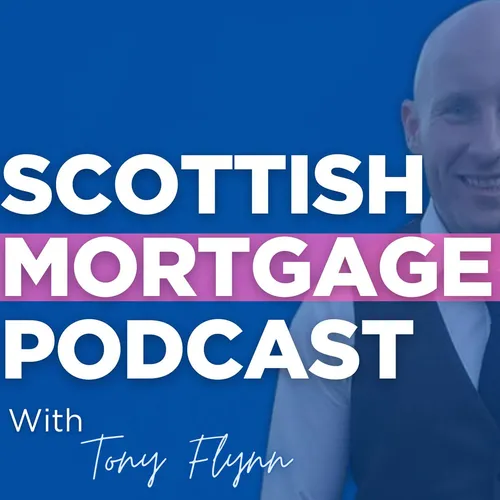The Basics of Mortgages: A Guide to Home Ownership
- Author
- Tony Flynn
- Published
- Mon 13 Feb 2023
- Episode Link
- None
The Basics of Mortgages: A Guide to Home Ownership
If you've always dreamed of owning your own home, but don't have the cash to do so, a mortgage might be the solution you're looking for. But what exactly is a mortgage? How does it work? And what are the risks involved? In this blog post, we'll answer all of your questions and give you a comprehensive overview of the basics of mortgages.
What is a Mortgage?
A mortgage is a loan secured against a property that enables you to purchase it. Simply put, it's a big loan against a house that the bank uses as security in case anything goes wrong. The bank can repossess the house or force you to sell it to get their money back.
Mortgages are usually taken out over a long period of time, such as 15 or 35 years. This allows you to pay off the large amount of money involved in a mortgage over time. The most common way to make the monthly payments is through direct debit.
What Do Lenders Consider When Reviewing a Mortgage?
When considering a mortgage, lenders will take into account a number of factors to determine whether or not they will lend you the money. Some of the most notable factors include:
- Income and expenses: Lenders will take into consideration your income and expenses when deciding to lend you money. They'll want to make sure you have enough money coming in to make your monthly mortgage payments on time.
- Age: Lenders will also consider your age when reviewing your mortgage application. They'll want to make sure you'll be able to pay off the mortgage before you retire.
- Length of time: The length of time the mortgage is over will also be taken into consideration. Generally speaking, the longer the mortgage is over, the lower your monthly payments will be, but the more interest you'll pay in the long run.
- Deposit: When you buy a property, you'll usually be expected to provide a deposit. This deposit can be as low as 5% of the property's value. There are some options out there where you may not need any of your own money for a deposit, but we'll talk about those in more detail later.
Risks Involved in Taking Out a Mortgage
While taking out a mortgage can be a great way to achieve your dream of home ownership, there are risks involved. If you don't make your monthly payments on time, your home could be repossessed. This means the bank will take control of it and force the sale to get their money back.
To avoid this risk, it's important to make sure you're paying your mortgage payments on time. This isn't always easy, especially if you're dealing with unexpected expenses or a reduction in your income. However, there are ways to minimize the risk, such as:
- Make a budget: Make sure you have a clear understanding of your income and expenses so you can create a budget that works for you. This will help you stay on top of your monthly mortgage payments.
- Consider a fixed-rate mortgage: With a fixed-rate mortgage, your interest rate and monthly payments are locked in for a set period of time. This can provide you with peace of mind and help you avoid any surprises when it comes to your monthly mortgage payments.
- Get a mortgage with a prepayment penalty: Some mortgages come with a prepayment penalty, which means you'll have to pay a fee if you pay off your mortgage early. This can be a good way to avoid missing payments and the risk of repossession, as it forces you to keep up with your payments.
Make extra payments: If you can, try to make extra payments towards your mortgage whenever possible. This will reduce the amount of interest you pay over the life of your mortgage and help you pay it off faster.
Get a loan: If you're struggling to make your mortgage payments, you may consider getting a personal loan to cover your expenses. This can be a good option if you have a good credit scor
Please like share and subscribe if you find our information useful
